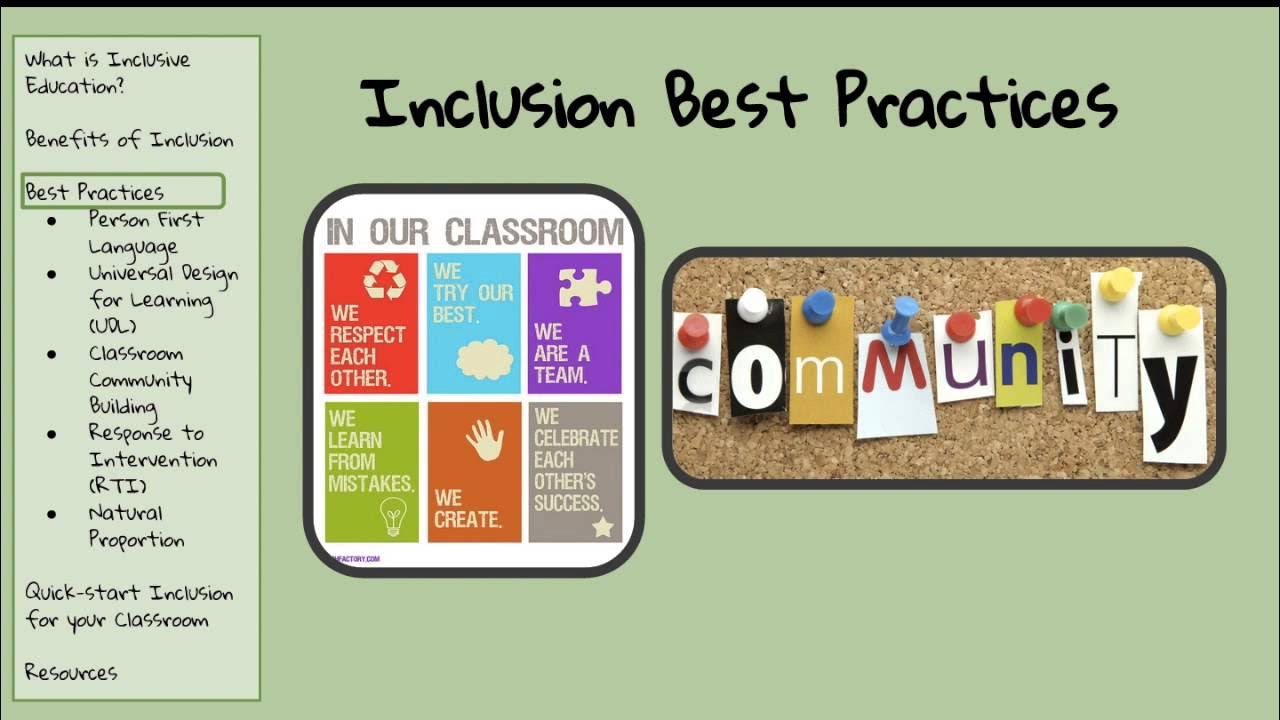Living in the U.S. - Formal Classroom Culture
Summary
TLDRThe University of Southern California's video script emphasizes the importance of the syllabus as a guide to classroom expectations, etiquette, and academic schedules. Professors often encourage interactive learning, inviting students to participate actively in discussions and ask questions. Students are advised to address professors respectfully, with first names or 'Professor', and to correct any mispronunciations of their names. Note-taking and using audio recorders are common practices, as are group work and interaction with teaching assistants. Professors appreciate questions, both in and out of class, and offer office hours for further discussion and support.
Takeaways
- 📘 Professors at the University of Southern California review the syllabus at the start of each semester, outlining course expectations and rules.
- 🤝 Professors may prefer to be addressed by their first name, but it's always safe to address them as 'Professor'.
- 🗣️ Professors often ask questions in class to stimulate thought and discussion, and to gauge class understanding.
- 🙋♂️ Students are encouraged to actively participate in class discussions and to ask questions by raising their hand.
- 💻 Using a laptop for note-taking is common, but students should avoid distractions like browsing unrelated websites.
- 🎧 Recording lectures is usually allowed, but it's courteous to ask the instructor for permission if unsure.
- 👥 Group work is a common classroom activity, reflecting real-world teamwork and offering opportunities to practice language skills.
- 👩🏫 Teaching assistants, often graduate students, lead discussion or lab sections and should be treated with respect similar to professors.
- ❓ It's best to ask questions about course content during class, and if not answered, to approach the professor after class for clarification.
- 🕒 Professors have office hours for private questions, concept clarification, homework help, and to discuss any personal issues affecting class performance.
Q & A
What is the purpose of a syllabus at the beginning of a semester?
-The syllabus serves as a guide to the course, outlining classroom expectations, book lists, campus resources, office hours, and the schedule for readings, assignments, and exams.
Why is it important to ask questions about the syllabus?
-Asking questions about the syllabus is important because it ensures that students understand the rules and expectations of the class, which will govern their academic experience throughout the semester.
What is the typical preference for addressing professors in a US classroom?
-Many professors prefer to be called by their first name, but if unsure, it's always safe to address them as 'Professor.' Students can ask their professor how they prefer to be addressed.
How can students help professors with pronunciation of their names?
-Students can kindly correct the professor if they have a hard time pronouncing their names or share their preferred names to facilitate better communication.
Why do professors ask questions in class?
-Professors ask questions to stimulate thought, gauge understanding, and encourage discussion among students, which can clarify topics and enhance the learning experience.
What is the expected student behavior during class discussions in a US classroom?
-Students are expected to actively participate in discussions, ask questions by raising their hand, and engage with the material to enhance their understanding of the subject matter.
Is it acceptable to use a laptop for note-taking during class?
-Yes, most professors allow the use of laptops for note-taking, as long as students are not distracted by outside websites.
Under what conditions can students use an audio recorder in class?
-Students can use an audio recorder to record lectures, but they should first check with the instructor if unsure, as some may have specific policies regarding recording.
What is the role of teaching assistants in a class?
-Teaching assistants, often graduate students, lead discussion or lab sections and are knowledgeable about the subject. They should be treated with the same respect as professors.
Why is it beneficial to ask questions during class?
-Asking questions during class helps clarify concepts in real-time, ensures understanding, and can benefit other students who may have the same queries.
How can students make use of professors' office hours?
-Students can use office hours to ask questions about concepts, homework, or test questions, discuss personal issues affecting class performance, or seek academic or career advice.
What is the significance of engaging in casual conversations with professors during office hours?
-Casual conversations can help students make positive impressions, allowing professors to remember them better and can sometimes lead to discussions about interests or hobbies outside of academic topics.
Outlines

Cette section est réservée aux utilisateurs payants. Améliorez votre compte pour accéder à cette section.
Améliorer maintenantMindmap

Cette section est réservée aux utilisateurs payants. Améliorez votre compte pour accéder à cette section.
Améliorer maintenantKeywords

Cette section est réservée aux utilisateurs payants. Améliorez votre compte pour accéder à cette section.
Améliorer maintenantHighlights

Cette section est réservée aux utilisateurs payants. Améliorez votre compte pour accéder à cette section.
Améliorer maintenantTranscripts

Cette section est réservée aux utilisateurs payants. Améliorez votre compte pour accéder à cette section.
Améliorer maintenantVoir Plus de Vidéos Connexes
5.0 / 5 (0 votes)






